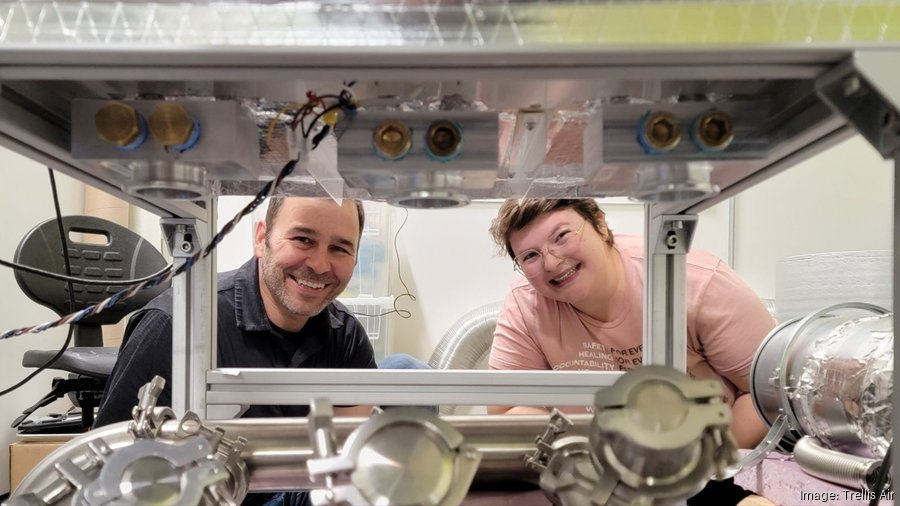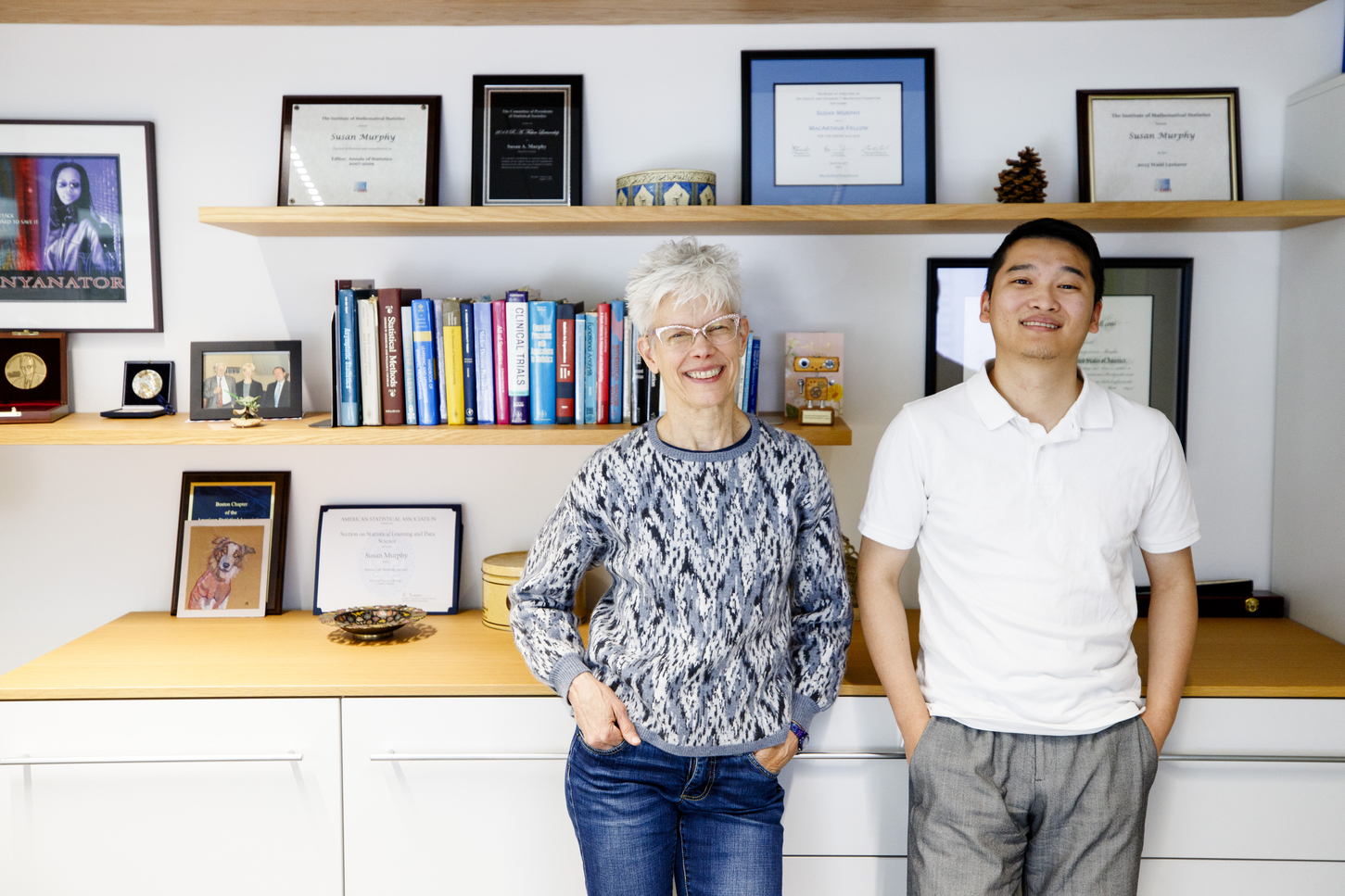Bill Gates AI concerns have sparked significant discussion as the tech pioneer reflects on the implications of artificial intelligence on society. During a recent event promoting his new memoir “Source Code,” Gates highlighted his unease with how rapidly AI is developing and its potential impact on our daily lives. As a fond reminiscence of his journey through Microsoft history, Gates expressed a sense of nostalgia for a time when technology was viewed primarily as a tool for productivity rather than a potential threat. His thoughts resonate with the urgency of exploring the balance between innovation and responsibility in advancing AI. Through his memories, from his curious beginnings in programming to the ethical considerations of modern technology, Gates emphasizes the importance of curiosity in learning and understanding the evolving landscape of AI.
The discourse surrounding Bill Gates’ apprehensions about artificial intelligence highlights the pressing debate on its role in future innovations. In his new book, Gates revisits his formative years in the tech world while addressing contemporary societal concerns regarding the explosive growth of AI technologies. This dual perspective encourages a critical examination of how advancements in computing are intertwined with cultural and ethical considerations. Gates’ intimate reflections on his precedent-setting endeavors at Microsoft intersect with broader questions about the impact of technology on both personal development and societal structures. As discussions evolve, Gates’ insights invite us to think critically about our relationship with accelerating technological change.
Bill Gates’ Early Influences and Curiosity in Learning
Bill Gates attributes much of his intellectual prowess and drive to the influences of his family, particularly his mother. In his memoir “Source Code,” Gates reminisces about his formative years, highlighting the nurturing environment provided by his achievement-oriented mother, Mary. This relationship not only kindled his curiosity but also instilled in him the belief that exploring new ideas and taking calculated risks in learning could lead to remarkable success. Gates encourages young people today to embrace their curiosity, suggesting that experimentation often yields the most significant discoveries.
Reflecting on his time at Harvard, Gates describes a pivotal moment in his education where he faced academic challenges that reshaped his perspective on mathematics and intellect. Enrolling in advanced calculus courses proved to be a humbling experience, forcing him to confront peers who were equally or more talented in mathematics. This realization did not deter his enthusiasm; rather, it fueled his drive to excel in the burgeoning world of technology, ultimately leading him to co-found Microsoft. The interplay of curiosity and rigorous academic challenges formed the backbone of Gates’ journey, emphasizing the importance of curiosity in learning.
The Evolution of Bill Gates’ Tech Nostalgia
As the co-founder of Microsoft, Bill Gates witnessed the rapid evolution of technology firsthand. His nostalgic reflections during recent discussions point to a time when the introduction of software tools, like Microsoft Word, was seen as revolutionary and beneficial to society. Gates contrasts this optimism with today’s apprehensive attitudes towards technology, particularly in the context of social media and its effects on young people. He notes that the initial excitement surrounding computing was based on the belief that these innovations would empower individuals and foster creativity rather than incite fear or misuse.
Gates’ nostalgia for the technological optimism of the past raises important questions about our current relationship with technology. As digital tools become integral to everyday life, some argue that they are creating more harm than good, particularly among younger generations. Gates emphasizes that while technology can be misused, it is ultimately a tool with tremendous potential for positive impact. Through his charitable work, he remains committed to optimizing technology for health care, education, and development, reflecting the balance of nostalgia with forward-thinking solutions.
Navigating AI Concerns and Its Societal Impact
In the discussion about the future of artificial intelligence, Bill Gates shared his thoughts on the dual-edged sword that AI represents. While he remains optimistic about its ability to revolutionize sectors such as medicine and education, he acknowledges the potential risks associated with its rapid advancement. Gates describes AI as ‘a little bit scary,’ reflecting widespread concerns about how quickly the technology is evolving and its implications for society. He encourages an open dialogue about these concerns, stressing the importance of responsible development and deployment of AI technologies.
Gates’ take on AI underscores the profound impact such technologies can have on society. As businesses and individuals integrate AI into their daily lives, questions about ethics, privacy, and potential job displacement arise. However, Gates believes the benefits could significantly outweigh the drawbacks if approached with caution and foresight. He calls for a shared commitment among technologists, educators, and policymakers to harness the positive aspects of AI while mitigating its risks, envisioning a future where AI enhances human capabilities rather than diminishes them.
Understanding Microsoft’s Historic Journey Through Gates’ Eyes
Bill Gates’ journey from a curious child to a tech mogul is intricately detailed in his memoir, “Source Code,” where he recounts pivotal moments in Microsoft history. Co-founding Microsoft in 1975 marked the beginning of a revolution that transformed personal computing. Gates remembers the excitement of developing software like the operating system for IBM’s first personal computer, a landmark event that reshaped the tech industry. This part of his story emphasizes how his relentless curiosity and willingness to innovate helped Microsoft become a leading force in technology.
Moreover, Gates reflects on how the early days of Microsoft were filled with experimentation and a unique vision for the future of computing. He reminisces about the ambition shared with Paul Allen and the excitement generated by breaking into a predominantly hardware-driven market. Through his memoir, Gates illustrates the passion that fueled Microsoft’s growth, also highlighting the importance of collaboration and creative problem-solving in the software industry’s evolution.
The Role of Tech Nostalgia in Today’s Innovations
Tech nostalgia isn’t just a sentimental longing for the past; it plays a crucial role in shaping contemporary innovations. Bill Gates exemplifies this through his reflections on earlier technological developments that prioritized productivity over potential misuse. He believes that nostalgia can serve as a reminder of the core values that initially inspired technological advancements. By revisiting the optimism of past innovations, current and future tech entrepreneurs can draw inspiration to create tools that enhance lives rather than complicate them.
Gates argues that learning from the past is essential for cultivating a healthy tech ecosystem during a time when digital tools dominate our lives. Nostalgia can motivate innovators to prioritize ethical considerations and solve existing societal problems with new technologies. Through his philanthropic efforts, Gates emphasizes the need to integrate lessons learned from earlier successes and failures in anticipating the future trajectory of technology, framing nostalgia as a foundational element for responsible innovation.
Rethinking Education and Technology in the Digital Age
Bill Gates has continuously championed the integration of technology in education, recognizing its transformative potential in enhancing learning experiences. In his discussions, Gates emphasizes the importance of fostering curiosity and adaptability among students, echoing themes from his memoir. He points out that educational institutions must evolve to incorporate technology effectively, utilizing AI and online resources to engage students in a meaningful way. The key lies in encouraging a mindset that embraces challenges and nurtures innovation within the educational realm.
Furthermore, Gates argues that education systems should encourage risk-taking in learning, similar to the approach he experienced during his formative years. Providing channels for students to experiment and explore new ideas will cultivate future leaders who can harness the power of technology responsibly. By bridging the gap between traditional education and digital innovation, Gates believes we can instill a culture of lifelong learning that prepares students for a future filled with possibilities and challenges in an ever-evolving tech landscape.
The Importance of Philanthropy in Technology and Society
Bill Gates’ shift from a tech mogul to a philanthropist highlights the critical role that individuals in power can play in addressing societal challenges. Through the Bill and Melinda Gates Foundation, he has focused on health, education, and poverty reduction, emphasizing that technology can be a powerful tool for social change. Gates insists that the tech community has a responsibility to leverage its resources and expertise to improve lives, especially for marginalized communities, reinforcing the idea that success should extend beyond profits.
In his discussions, Gates urges tech leaders to think about the ethical implications of their innovations. By prioritizing social impact, they can contribute to a more equitable society. His advocacy for philanthropy serves as a blueprint for other tech giants, demonstrating that success in business should be paralleled by a commitment to making the world a better place. This philosophy of using technology for the greater good resonates strongly in his memoir, where he reflects on the intersections between his personal journey and broader societal responsibilities.
Embracing Curiosity in the Age of Rapid Technological Change
At the heart of Gates’ message is the importance of curiosity in navigating the complexities of today’s technological landscape. He encourages individuals to remain inquisitive and open-minded, embracing challenges as opportunities for growth. In the rapidly evolving world of AI and technology, cultivating this mindset can empower the next generation to think critically about the innovations shaping their lives. Gates’ personal experiences in traversing academic hurdles remind us that curiosity is essential for success and adaptability.
Curiosity is also central to Gates’ vision for the future of education and technology. He advocates for educational frameworks that inspire students to ask questions and explore new possibilities without fear of failure. This approach not only prepares them for a competitive job market but also fosters a culture of innovation where creative solutions can flourish. By instilling a sense of curiosity in educational settings, we can cultivate a new wave of thinkers and doers equipped to tackle the challenges of tomorrow.
Frequently Asked Questions
What are Bill Gates’ concerns about the impact of AI on society?
Bill Gates has expressed concerns regarding the rapid advancement of AI technology, acknowledging that while it brings numerous benefits, it can also be intimidating. He worries about the ethical implications and societal changes that could emerge as AI becomes more integrated into our daily lives, particularly in fields like medicine and education.
How does Bill Gates’ memoir address his views on AI?
In his memoir ‘Source Code’, Bill Gates reflects on his experiences with technology, including his insights on AI. He emphasizes the balance between harnessing AI’s potential for societal good and managing the risks that accompany such powerful innovations. Gates highlights the importance of curiosity and responsible tech development.
What does Bill Gates believe about the future of AI in education?
Bill Gates believes that AI has the potential to revolutionize education by providing personalized learning experiences and democratizing access to knowledge. However, he also warns that the implementation of AI must be handled carefully to ensure it enhances educational opportunities without compromising ethical standards.
How does Gates’ history with Microsoft influence his perspective on AI?
Bill Gates’ experience as a co-founder of Microsoft has shaped his appreciation for the transformative power of technology. He draws parallels between the early days of personal computing and the current AI landscape, expressing nostalgia for the optimism surrounding tech innovations while recognizing the new challenges AI brings.
What role does curiosity play in Bill Gates’ thoughts on AI development?
Curiosity, as highlighted in his memoir, is a driving force behind Bill Gates’ approach to AI development. He encourages fostering a culture of exploration and innovation in technology, where asking questions and embracing new ideas can lead to responsible advancements in AI that benefit society.
In what ways did Gates discuss the ethical implications of AI during his recent campus event?
During his campus event, Bill Gates addressed the ethical implications of AI by acknowledging that while AI can facilitate improvements in various sectors, it also poses risks. He emphasized the need for responsible policies and frameworks to guide AI development and ensure it aligns with societal values.
What is Bill Gates’ take on tech nostalgia in relation to current AI advancements?
Bill Gates reflects on tech nostalgia by contrasting the hopeful, productive spirit of early software development at Microsoft with contemporary concerns about AI. He shares a longing for an era where technology was predominantly viewed as a positive force, while also recognizing the complexities AI introduces to society.
How does Bill Gates envision AI addressing global issues like medicine and education?
Gates envisions AI as a ‘free intelligence’ that can tackle global challenges, improving access to healthcare and educational resources. He believes that, if developed thoughtfully, AI can help alleviate shortages and enhance outcomes in critical areas, ultimately benefiting underserved populations.
What insights from his memoir does Gates apply to discussions on AI in society?
Gates applies insights from ‘Source Code’ to discussions on AI by advocating for a balance between innovation and caution. He draws from his own experiences with technology to argue for an open-minded yet critical approach to AI, promoting curiosity while remaining vigilant about potential societal impacts.
| Key Points | Details |
|---|---|
| Bill Gates’ Memoir | Discusses his childhood, Microsoft founding, and importance of curiosity. |
| Gates’ School Experience | Faced academic challenges, improved his mathematics skills at Harvard. |
| Concerns over Technology | Notes that technology has taken over young lives; reflects on his parenting choices regarding device usage. |
| AI Progress Concerns | Predicted ‘free intelligence’ of AI will help in various fields but described it as ‘a little bit scary’ due to rapid advancements. |
| Legacy of Microsoft | Microsoft changed productivity tools; Gates reminisces about early optimism vs. current concerns over technology. |
Summary
Bill Gates’ AI concerns highlight an important dialogue about the rapid advancement of technology and its impact. In a recent event, Gates acknowledged that while the potential of artificial intelligence could revolutionize sectors like health and education through what he refers to as ‘free intelligence’, there is an underlying fear regarding its swift evolution and the implications it may have on society. His reflection on technology’s influence and its effects on youth serves as a reminder to approach AI development with both optimism and caution.









